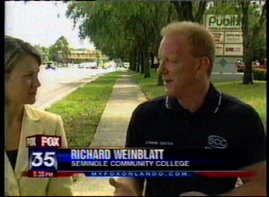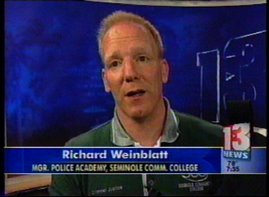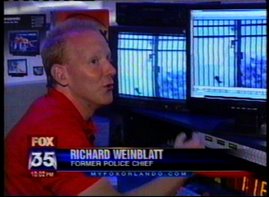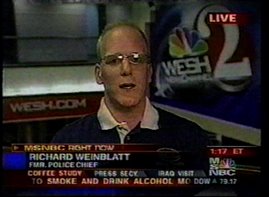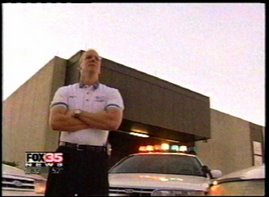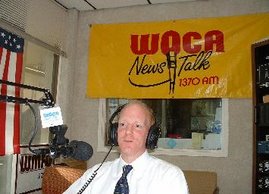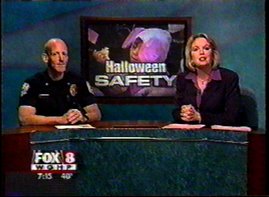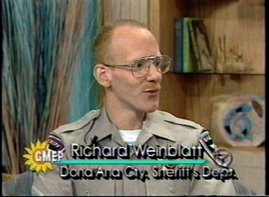Here is a recent post to PoliceReserveOfficer.com on an article written by PoliceOne.com's Doug Wyllie. The post is: "PoliceOne Reserve Article Gets Thumbs Up."
The varied opinions law enforcement professionals harbor towards reservists, and the services they provide, are highlighted by the mega-cop website PoliceOne.com. Doug Wyllie, the senior editor of Praetorian Group's PoliceOne.com and a good friend (I've had many articles published by Doug on PoliceOne) had elicited feedback from their readers on the role of reserve law enforcement officers. Sometimes known as auxiliaries, the variety of responses that Doug received and his reasoned analysis of the comments, reflected the diversity of legal definitions and mission. Here is the link to Doug's excellently written article: http://www.policeone.com/police-jobs/articles/4239138-The-reserve-officers-role-in-law-enforcement/
Not surprisingly, Doug's article, captured the anti-reserve sentiment and characterised it as the (in his words) "vocal minority." As usual, Doug is right on target. Hard core union mentality that does not allow for innovative thinking is a byproduct of an era when public safety funding (police and firefighter services) were the untouchable third rail of a politicians life. As I mentioned in a recent interview with New Jersey largest newspaper, The Star Ledger, politicians are not so concerned with law enforcement and public safety as they are fiscal austerity.
As I told Star-Ledger columnist Bob Braun: "But now, even cops are not immune. 'No one seems interested in public safety issues — it’s just the economy, an obsession with how people are going to survive.'" Here is the link to that article on police officer lay offs: http://blog.nj.com/njv_bob_braun/2011/08/spending_cuts_on_police_forces.html
In the old days, if a politician wanted to be viewed as tough on crime (and who didn't), you advocated building a prison. Even better if it was in your home district as that brought in local corrections jobs. Nowadays, the tune has changed and creativity and innovation is the mantra. Policing needs to evolve to avoid the fate of the Pontiac automotive division.
As mentioned in the article and the comments that follow Doug's insightful and thought-provoking examination of volunteer and part-time policing, reserves are there for a number of reasons. None of those include putting a full-timer out of the job. On the contrary, cops need more friends now than ever before to withstand the assaults- physical in the streets and fiscal in the conference rooms that come their way.
I have often used the quote that the reserves are the ultimate in community policicng. They literally put the police in the community and the community in the police. They are the biggest ambassadors of police goodwill that you could create and in some communities have been the last defense against the two types of assaults.
As Doug's "Editor's Corner" piece sums up so eloquently: "maligned by some cops, warmly welcomed by others, reserve police officers are 'extreme volunteers' whose contributions to their community are becoming increasingly visible." Every police professional, volunteer and paid, as well as governmental policy maker,should read this article. Way to go, Doug!
I was really proud to see Doug Wyllie and PoliceOne.com tackle such a vital topic. Even better, he did it with a reasoned voice and balanced analysis. You're right, Doug. Reserves are extreme volunteers!















